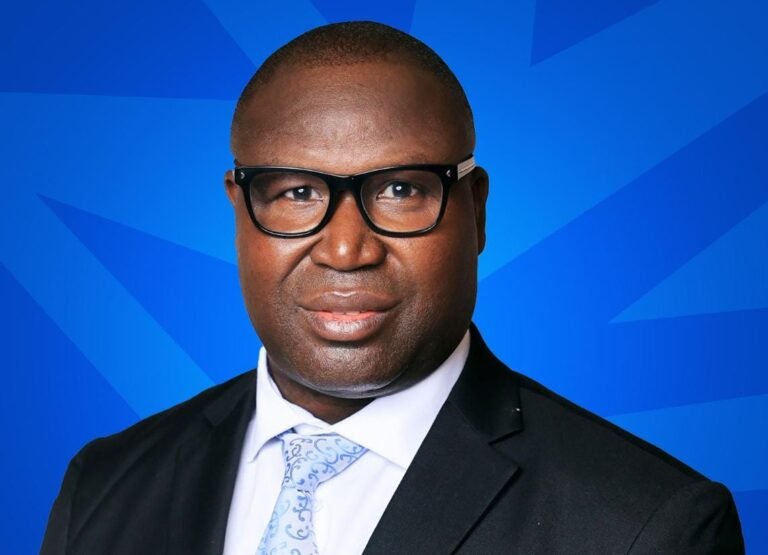
Ken Ofori-Atta, Finance Minister

About 25% of Ghana’s assessed debt burden emanates from non-central government operations, mainly from State Owned Enterprises (SOEs) such as COCOBOD and those in the energy sector.
To this end, the government says it is committed to instituting better governance standards for these institutions to address their liabilities and promote their growth.
Addressing journalists in the first of a series of a press conference on Ghana’s International Monetary Fund (IMF) programme and Growth Agenda yesterday in Accra, Finance Minister Ken Ofori-Atta said that it is important to stress that this structural reform agenda is consistent with government’s own Public Financial Management Strategy, to transition from central government to general government operations.
He noted the crucial role of the energy sector, and reaffirmed the government’s commitment to implementing necessary reforms to ensure its efficiency and sustainability.
“We are committed to addressing the challenges in the energy sector head-on. The comprehensive reforms outlined in the Energy Sector Recovery Plan are aimed at reducing losses and improving financial stability within the sector. Our goal is to create a sustainable and efficient energy sector that supports Ghana’s overall growth agenda,” he said.
With legacy debt reaching a staggering $2 billion by the end of 2022, coupled with an estimated shortfall of $5.9 billion between 2023 and 2025, the country’s energy sector has been in dire need of reforms to serve the over 30 billion Ghanaian population.
To tackle these energy sector problems, the Minister said, an updated Energy Sector Recovery Plan (ESRP) is being developed and is set to be approved by the end of June 2023, highlighting the incorporation of key reforms into the ESRP to alleviate the financial burden and foster sustainability.
Impact
As part of these reforms, he said, the government will operationalise a framework for granting energy sector subsidies and implementation of an inter-utility debt settlement framework on a quarterly basis starting from June 2023.
It will also establish a mechanism to enforce the guidelines of the Cash Waterfall Mechanism (CWM) and Natural Gas Clearinghouse (NGC) by the end of June 2023.
These measures, he said, would contribute to reducing the estimated financial shortfall by at least $2.95 billion over the period from 2023 to 2025 by streamlining financial processes, enhance transparency, and improving cash flow management within the sector.
Additionally, the Minister also called for an all-hands-on-deck approach in implementing Ghana’s reform programme as outlined in government Post Covid Programme for Economic Growth (PC-PEG).
Call for support
Mr Ofori-Atta called for a unified and collaborative approach to ensure the successful implementation of economic reforms aimed at rebuilding the country from the ravages of the COVID-19 pandemic and the geopolitical tension between Russia and Ukraine.
“Securing the IMF program is not an end to our current challenges. It has only paved the way for the implementation of an ambitious and well-thought-out programme of reform for our economy and country. The real work of adjustments, re-alignments, and the return to a path of steady economic growth has just begun. Let us brace ourselves for needed reforms and rebuild the Republic,” he said.
According to him, government is targeting a primary surplus on a commitment basis of 1.5 percent of Gross Domestic Product (GDP) by 2025 through to 2028. This is “firmly anchor inflation expectations and preserve financial stability and restore public debt to sustainable levels by 2028 by observing the two binding constraints of Public Debt (in present value terms) to GDP ratio of 55 percent or less and an External Debt Service to Revenue ratio of 18 per cent or less.”




